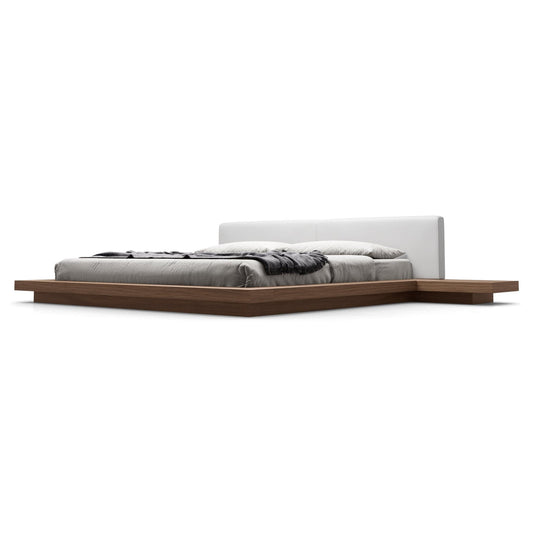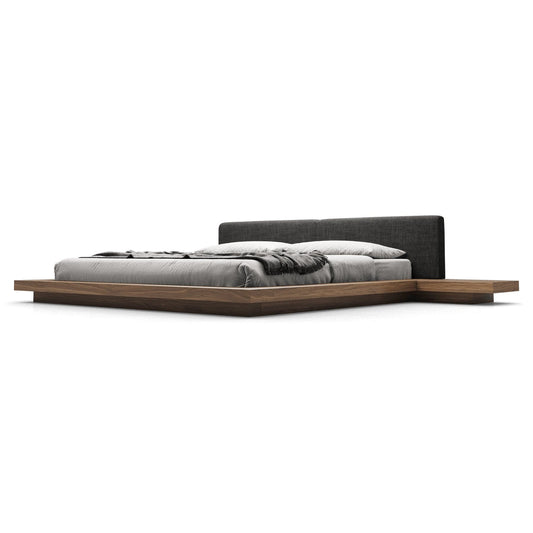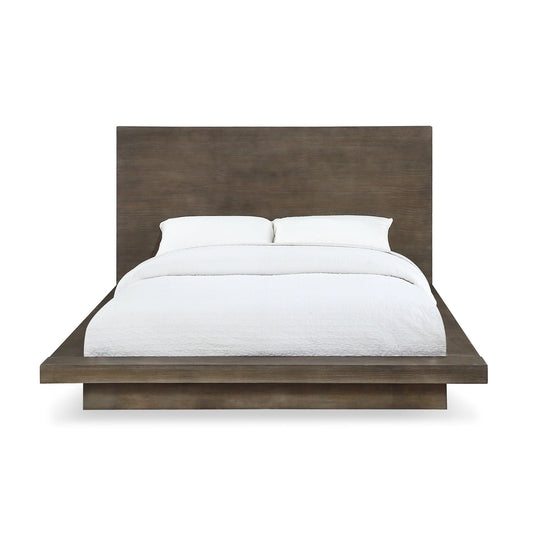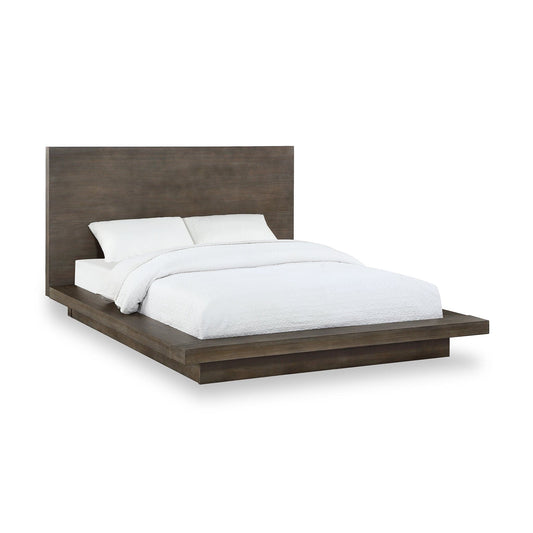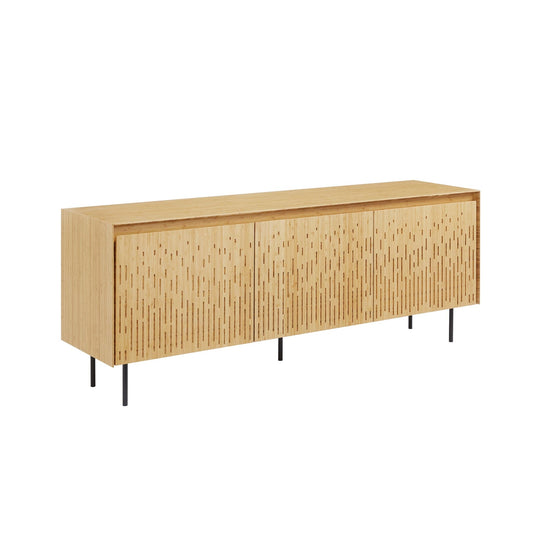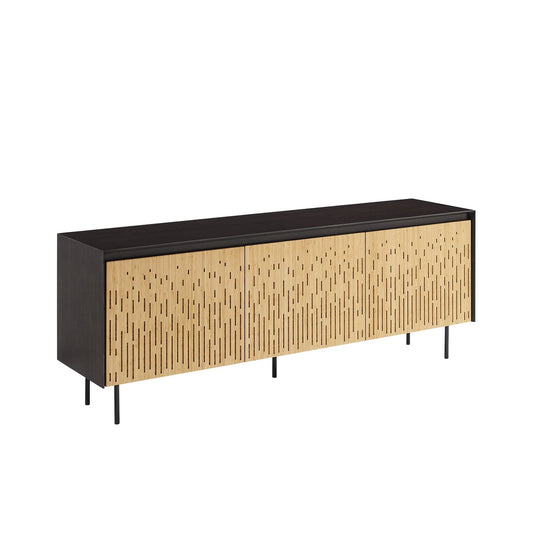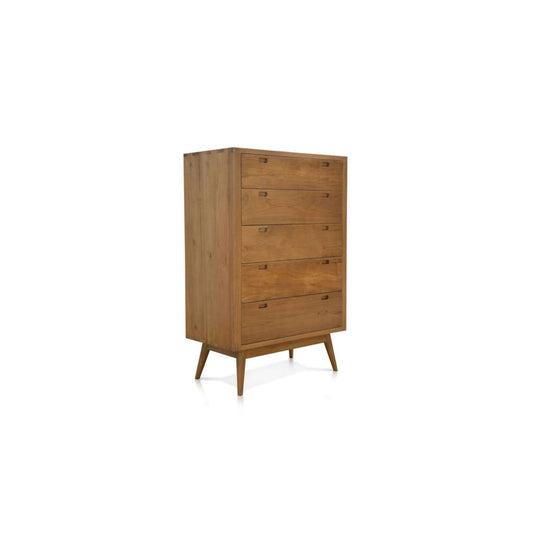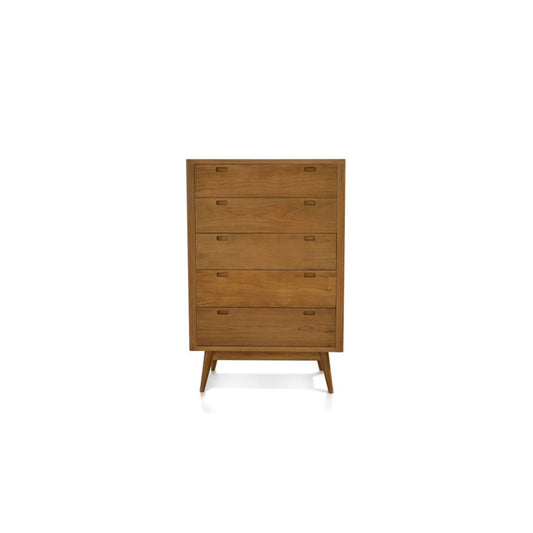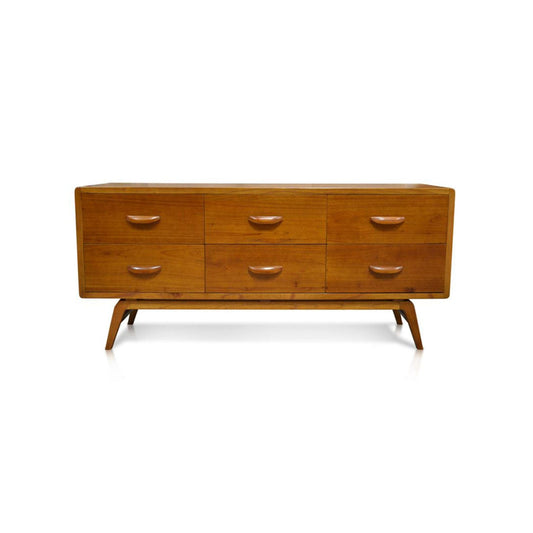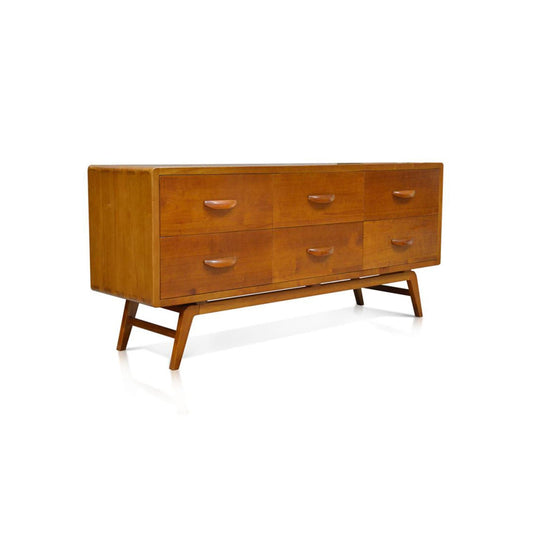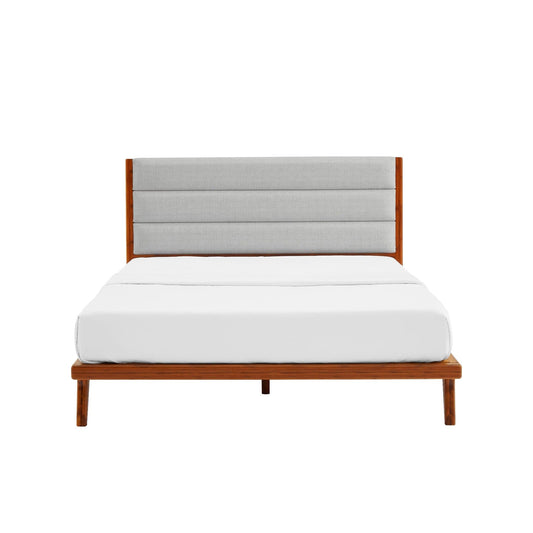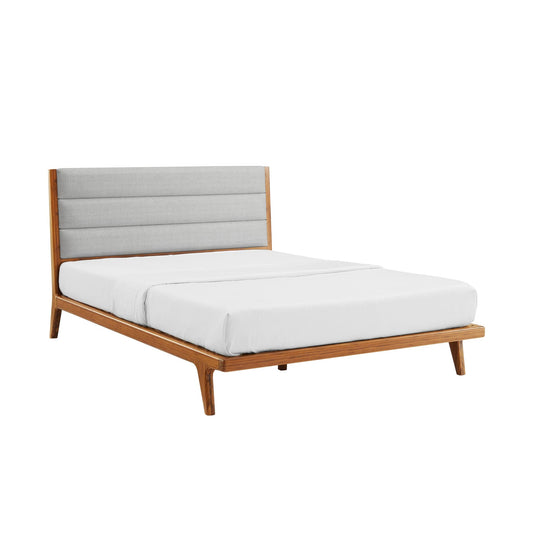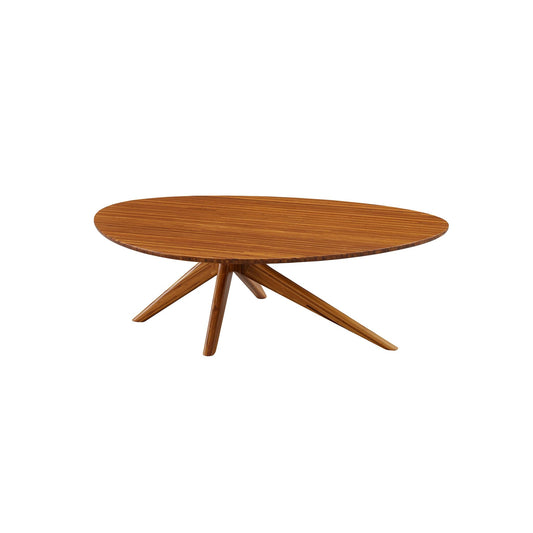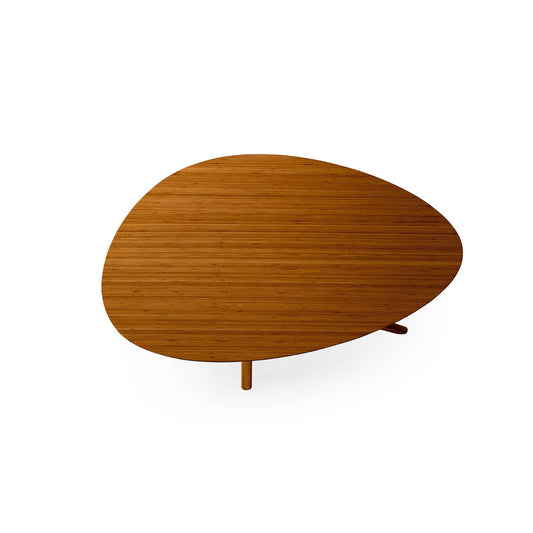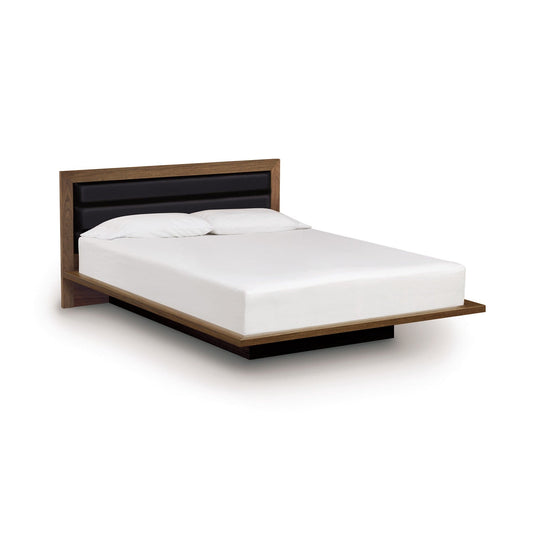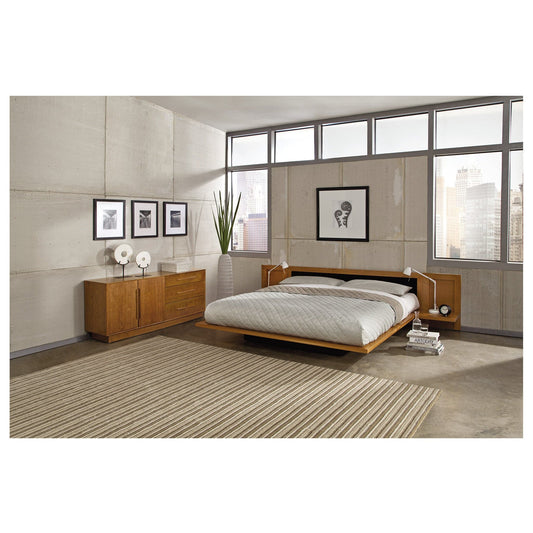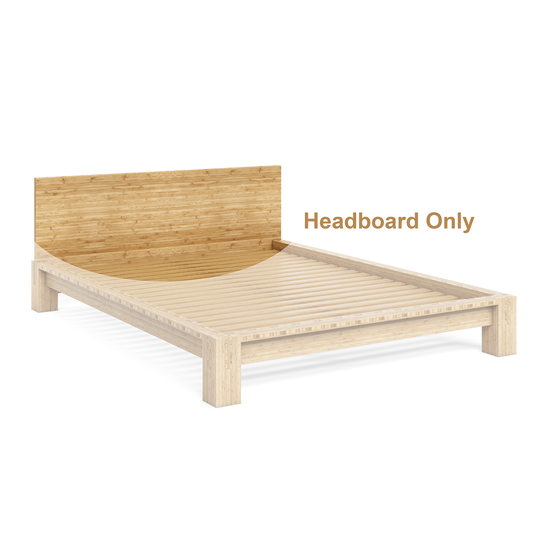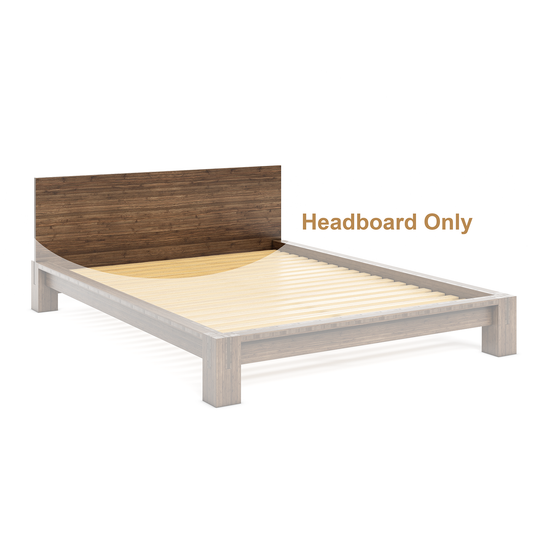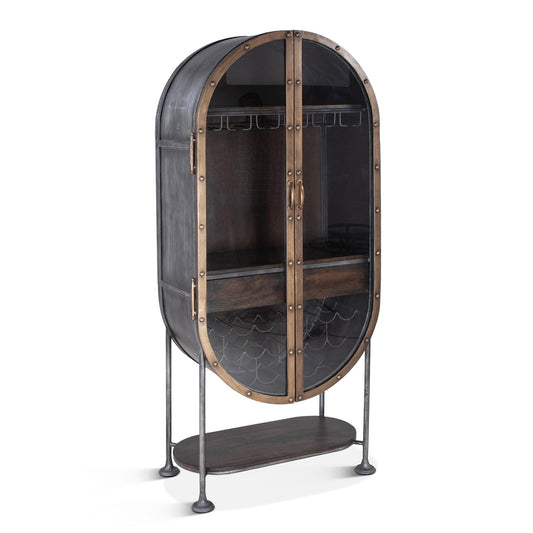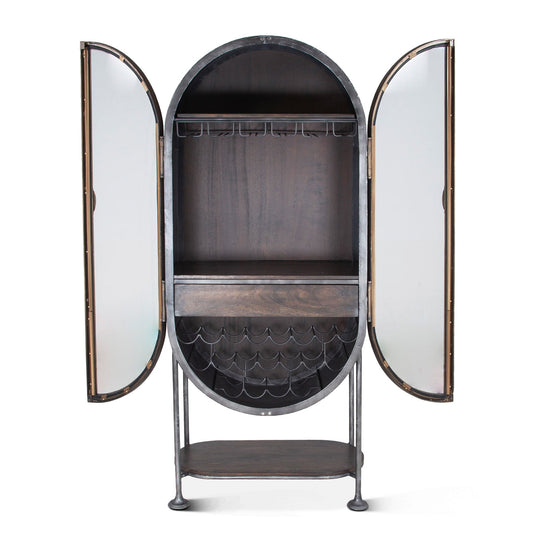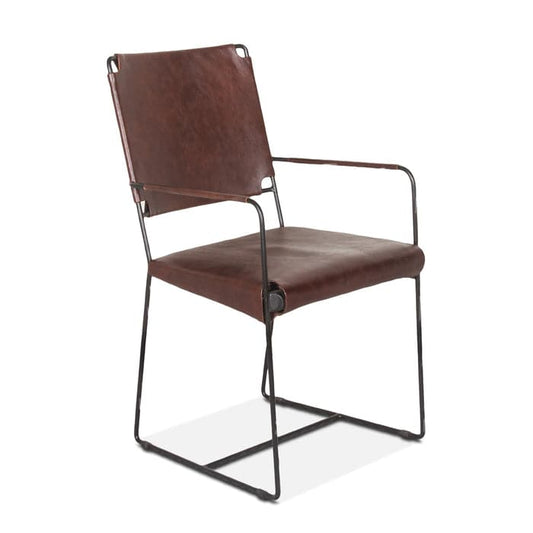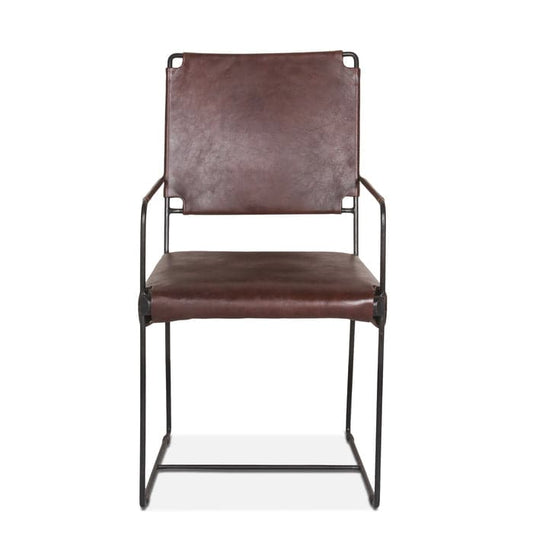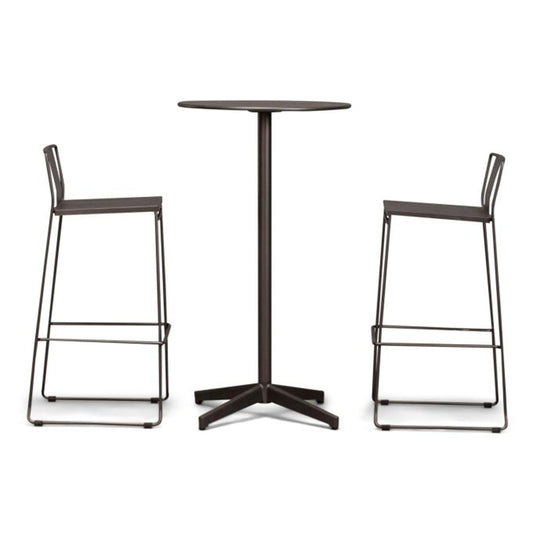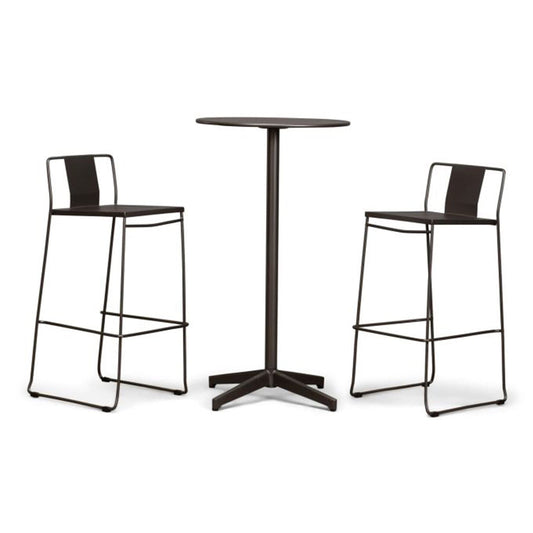Modern Design
-
Arata Japanese Platform Bed
Regular price From $2,499.00Regular priceUnit price per$2,399.00Sale price From $2,499.00 -
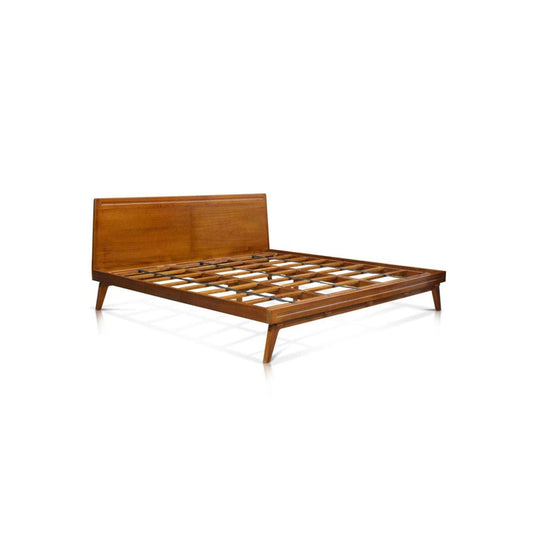
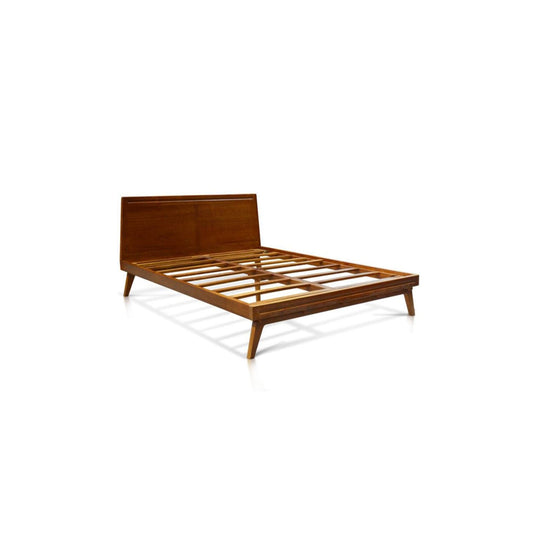 Sale
SaleTango Platform Bed
Regular price From $1,219.00Regular priceUnit price per$1,720.00Sale price From $1,219.00Sale -
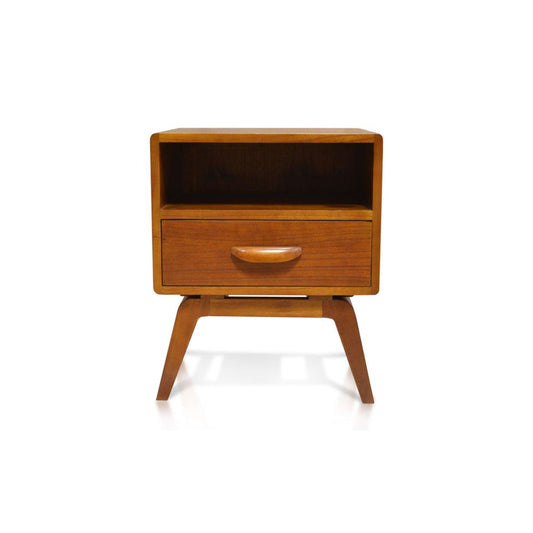
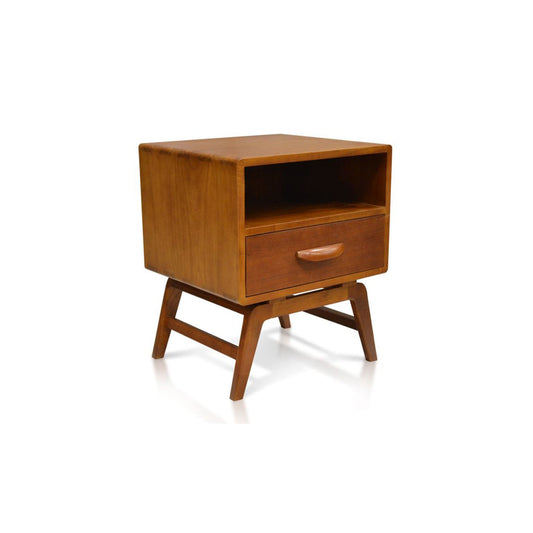 Sale
SaleTango Nightstand
Regular price $379.00Regular priceUnit price per$530.00Sale price $379.00Sale -
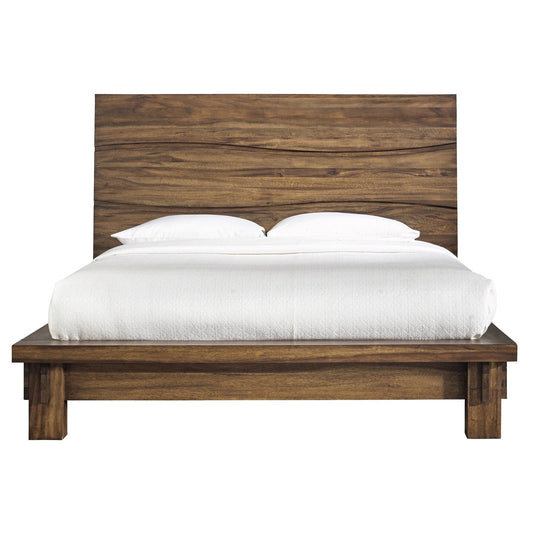
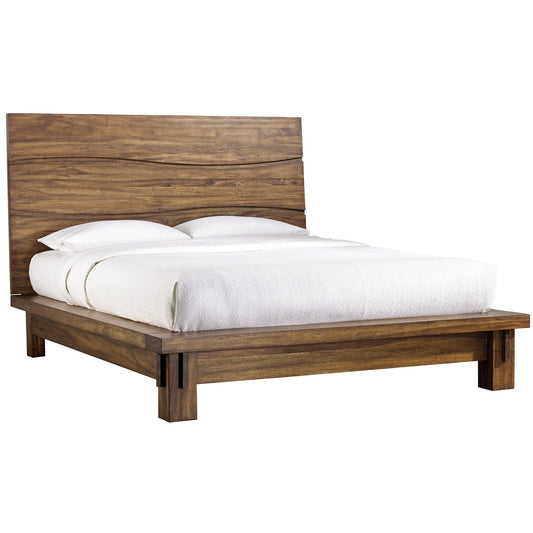 Sale
SaleOcean Platform Bed
Regular price From $1,806.00Regular priceUnit price per$2,579.00Sale price From $1,806.00Sale -
Melbourne Platform Bed
Regular price From $1,806.00Regular priceUnit price per$2,579.00Sale price From $1,806.00Sale -
Hanna Console Sideboard
Regular price From $1,620.00Regular priceUnit price per$2,997.00Sale price From $1,620.00Sale -
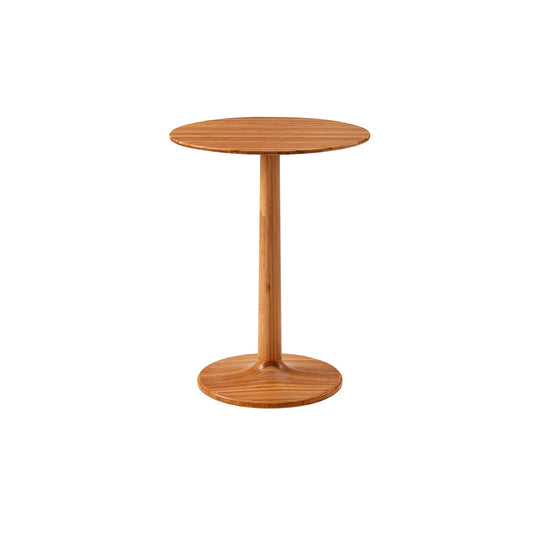
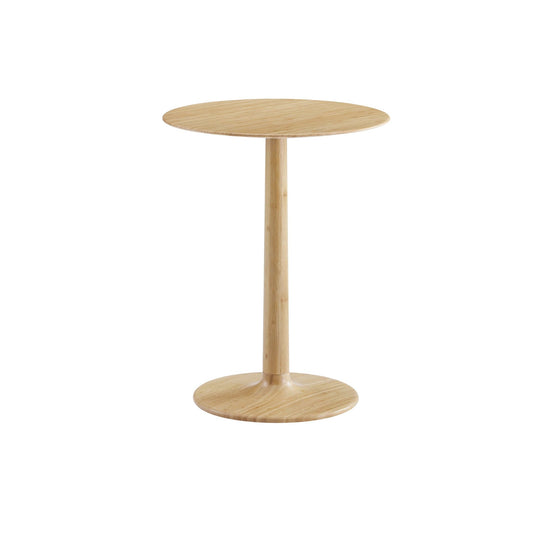 Sale
SaleSol Side Table
Regular price $339.00Regular priceUnit price per$451.00Sale price $339.00Sale -
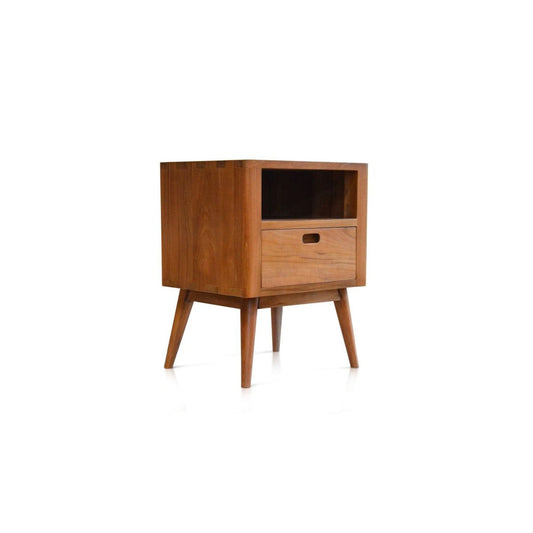
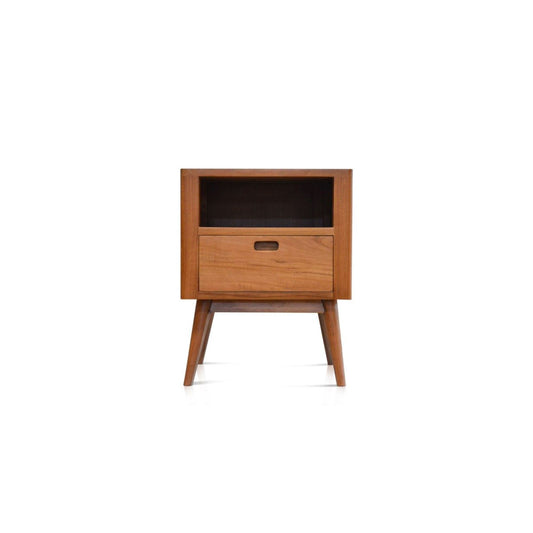 Sale
SaleFifties Nightstand
Regular price $419.00Regular priceUnit price per$590.00Sale price $419.00Sale -
Fifties 5-Drawer Tower Dresser
Regular price $1,709.00Regular priceUnit price per$2,400.00Sale price $1,709.00Sale -
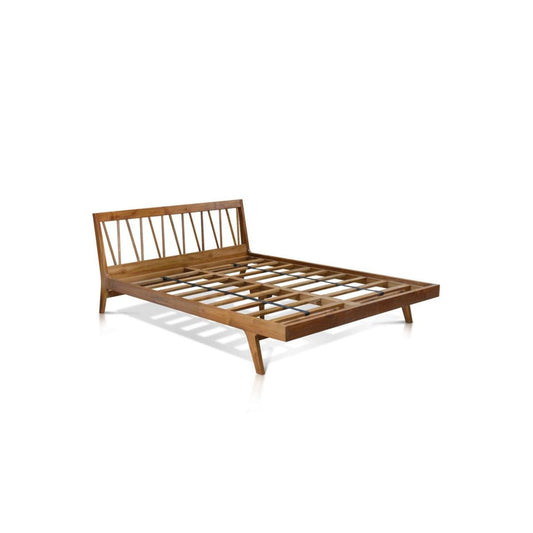
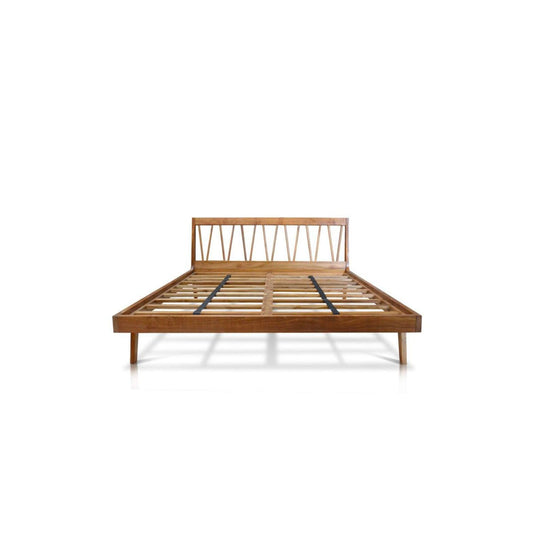 Sale
SaleFifties Platform Bed
Regular price From $1,479.00Regular priceUnit price per$2,075.00Sale price From $1,479.00Sale -
Tango 6-Drawer Dresser
Regular price $1,719.00Regular priceUnit price per$2,415.00Sale price $1,719.00Sale -
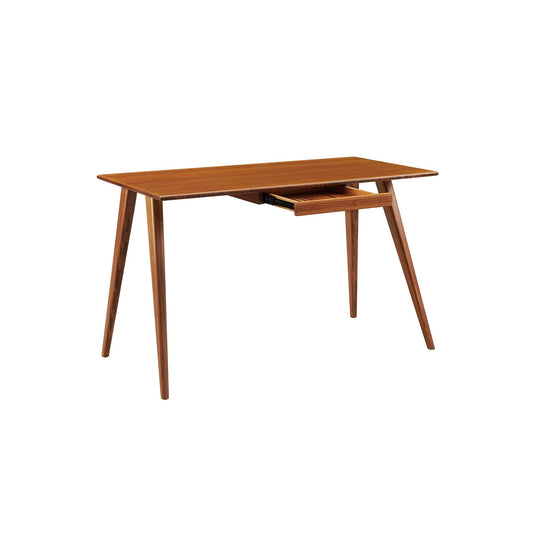
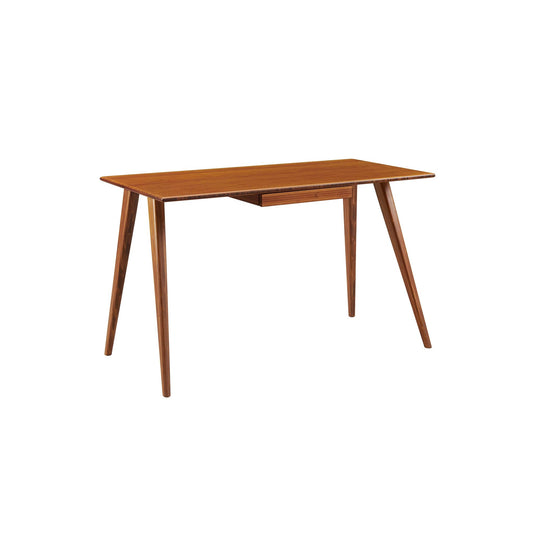 Sale
SaleStudio Plus Desk
Regular price $628.00Regular priceUnit price per$836.00Sale price $628.00Sale -
Mercury Upholstered Platform Bed
Regular price From $1,170.00Regular priceUnit price per$2,725.00Sale price From $1,170.00Sale -
Rosemary Coffee Table
Regular price $785.00Regular priceUnit price per$1,046.00Sale price $785.00Sale -
Copeland Moduluxe 35" Upholstered Bed
Regular price From $4,470.00Regular priceUnit price per$5,960.00Sale price From $4,470.00Sale -
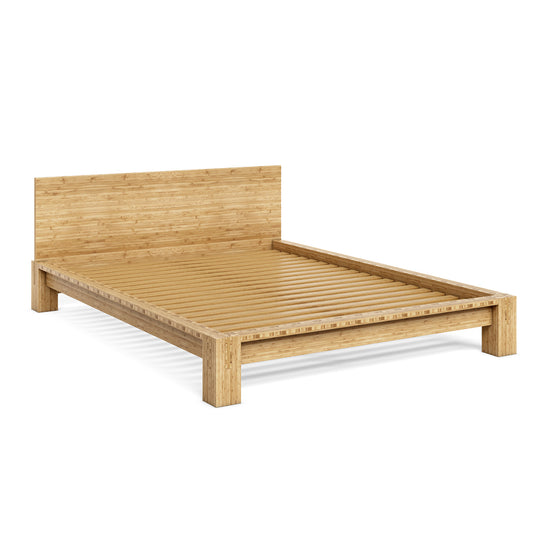
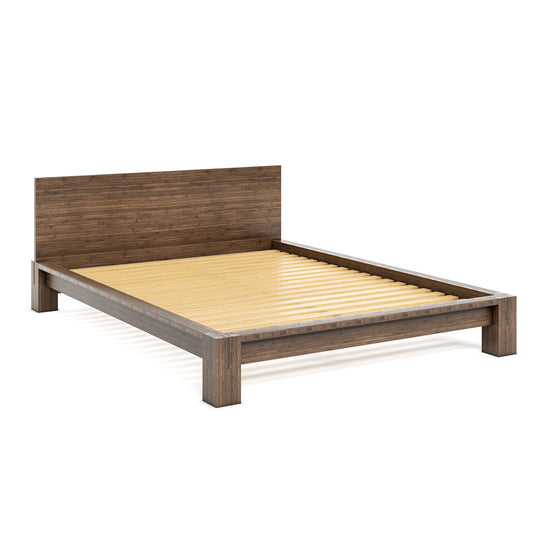 Sale
SaleKimara Platform Bed
Regular price From $1,199.00Regular priceUnit price per$1,499.00Sale price From $1,199.00Sale -
Kimara Platform Bed Headboard
Regular price From $599.00Regular priceUnit price per$799.00Sale price From $599.00Sale -
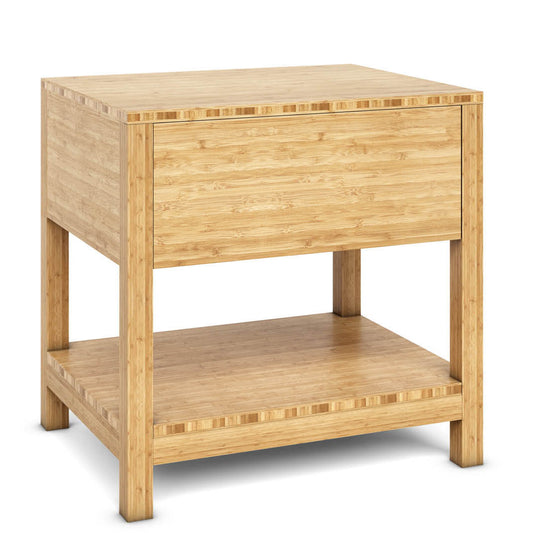
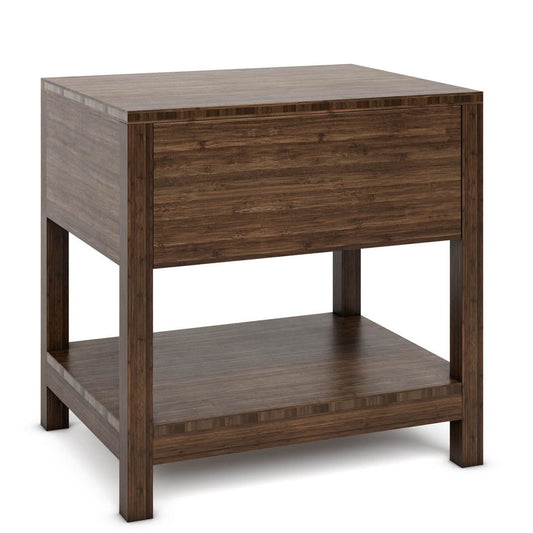 Sale
SaleKimara Nightstand
Regular price From $649.00Regular priceUnit price per$849.00Sale price From $649.00Sale -
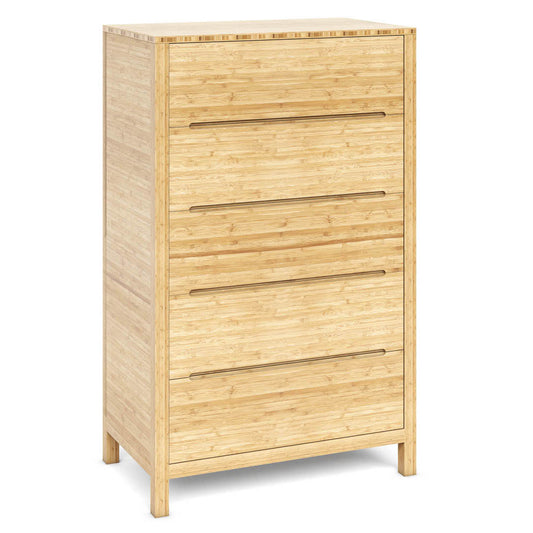
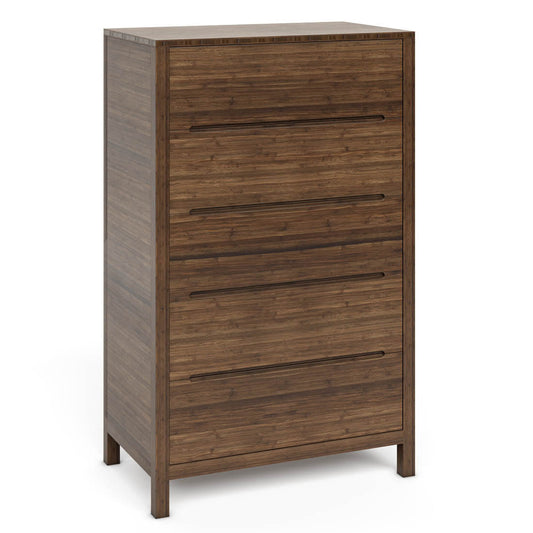 Sale
SaleKimara High Chest
Regular price From $2,319.00Regular priceUnit price per$2,799.00Sale price From $2,319.00Sale -
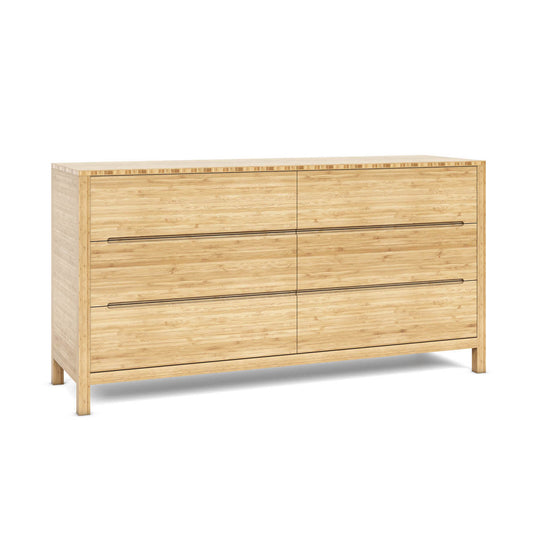
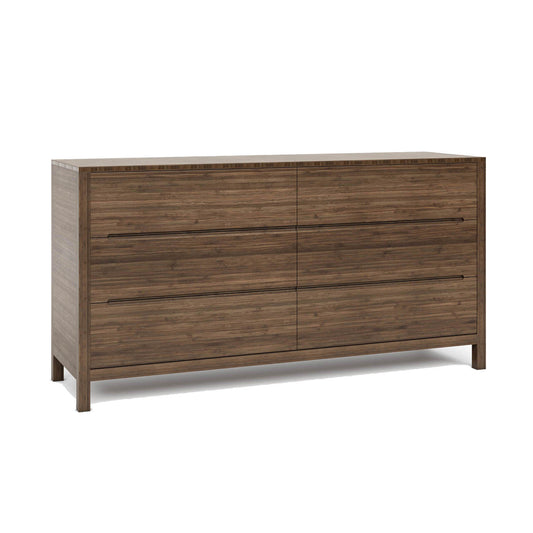 Sale
SaleKimara Dresser
Regular price $2,599.00Regular priceUnit price per$2,999.00Sale price $2,599.00Sale -
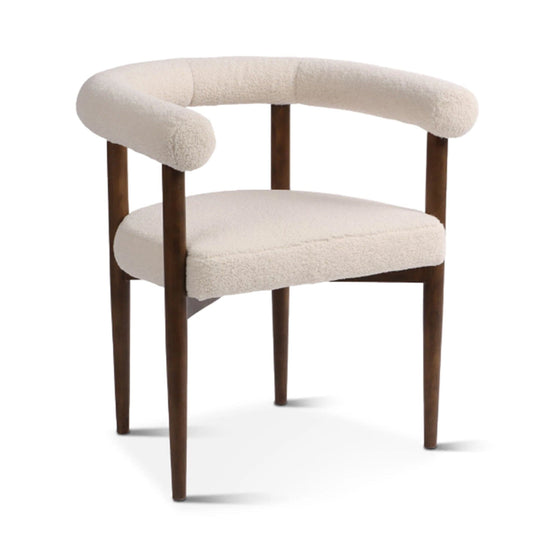
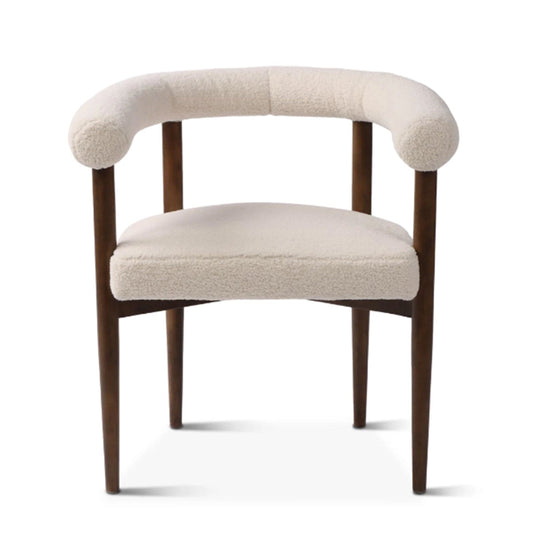 Sale
SaleAva Arm Chair
Regular price $473.00Regular priceUnit price per$645.00Sale price $473.00Sale -
Melbourne Oval Bar Cabinet
Regular price $3,143.00Regular priceUnit price per$4,286.00Sale price $3,143.00Sale -
Melbourne Modern Armchair
Regular price From $495.00Regular priceUnit price per$675.00Sale price From $495.00Sale -
Frank 3 Piece Bar Set
Regular price $709.00Regular priceUnit price per$1,040.00Sale price $709.00Sale
Modern Design
Modern Design: A Definition
Modern Design is a historic design style that emerged in the mid-20th century, characterized by its emphasis on functionality, simplicity, and a departure from ornate and traditional forms. This design approach reflects the innovative spirit of its time, incorporating clean lines, geometric shapes, and a focus on materials and craftsmanship. Modern Design revolutionized interiors by embracing minimalism, industrial influences, and a celebration of new materials, shaping the foundation for many design trends that followed.
Key Characteristics of Modern Design
- Clean and Geometric Lines: Modern design is known for its clean and precise lines, favoring geometric shapes and symmetry. These lines contribute to a sense of order and simplicity.
- Simplicity and Minimalism: A minimalist ethos underpins modern design, emphasizing functionality and the elimination of unnecessary ornamentation.
- Open Space: Modern interiors often feature open layouts that promote a sense of space and connectivity between different areas.
- Functional Form: Furniture in modern design serves a functional purpose without sacrificing aesthetics. Form follows function, resulting in pieces that are both practical and visually pleasing.
- Innovative Materials: Modern design embraces new and innovative materials, such as molded plastics, metals, and glass. The use of these materials reflects a desire for progress and experimentation.
- Natural Light and Integration: Natural light is maximized through the use of large windows and open spaces. The design integrates the indoors with the outdoors.
- Neutral Color Palette: Modern interiors often employ a neutral color palette with bold accents. Whites, blacks, grays, and subdued colors create a backdrop that highlights key design elements.
- Open and Sculptural Furniture: Furniture often features open frames, slim profiles, and a sculptural quality. Iconic pieces like the Eames Lounge Chair and Noguchi Coffee Table exemplify modern design's iconic forms.
- Focus on Craftsmanship: While modern design embraces simplicity, it doesn't compromise on quality craftsmanship. The design values the skills of artisans who create well-made and enduring pieces.
- Absence of Ornamentation: Modern design rejects excessive ornamentation and intricate details, favoring clean surfaces and a sense of visual clarity.
- Progressive Ideals: Modern design is closely associated with progressive ideals of its time, reflecting social and technological advancements in its aesthetic and approach.
- Timelessness: Despite its historical origins, modern design remains relevant due to its timeless aesthetic and enduring principles of simplicity and functionality.
Modern Design encapsulates the innovative and transformative spirit of the mid-20th century, shaping the foundation for contemporary interior design. By blending functionality, clean lines, and new materials, this style revolutionized the way we perceive living spaces and influenced subsequent design movements that continue to draw inspiration from its principles.

